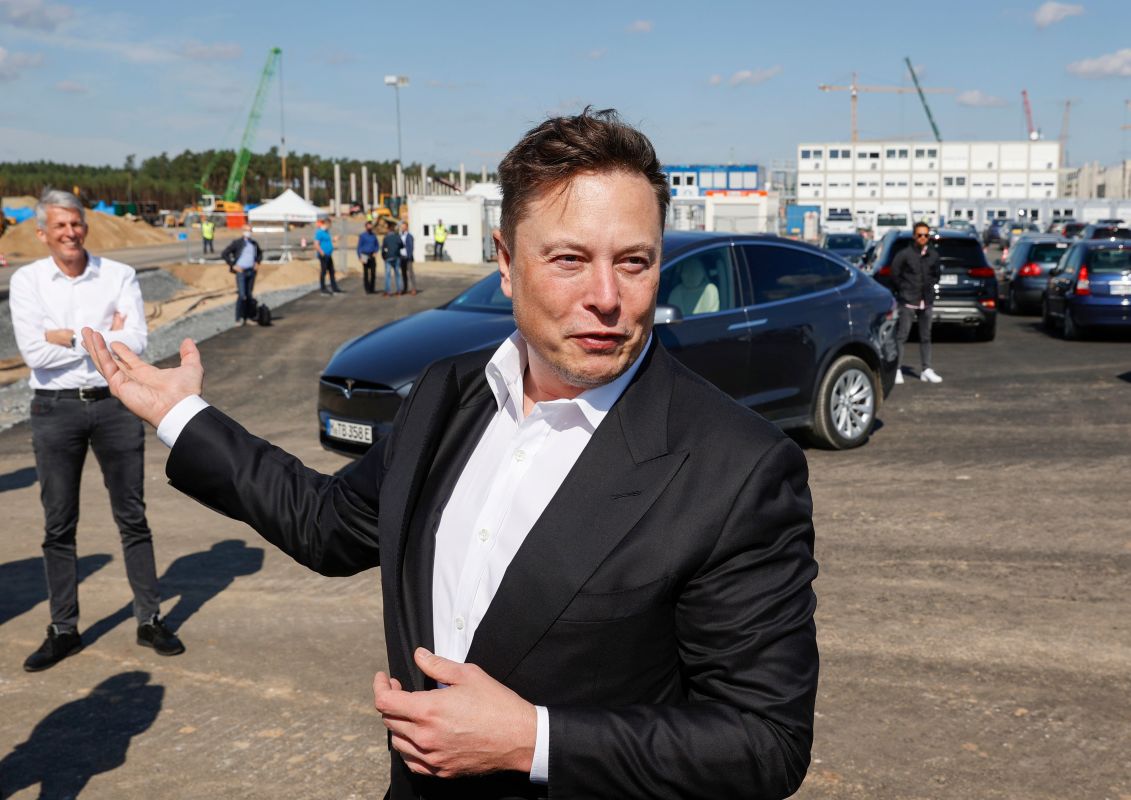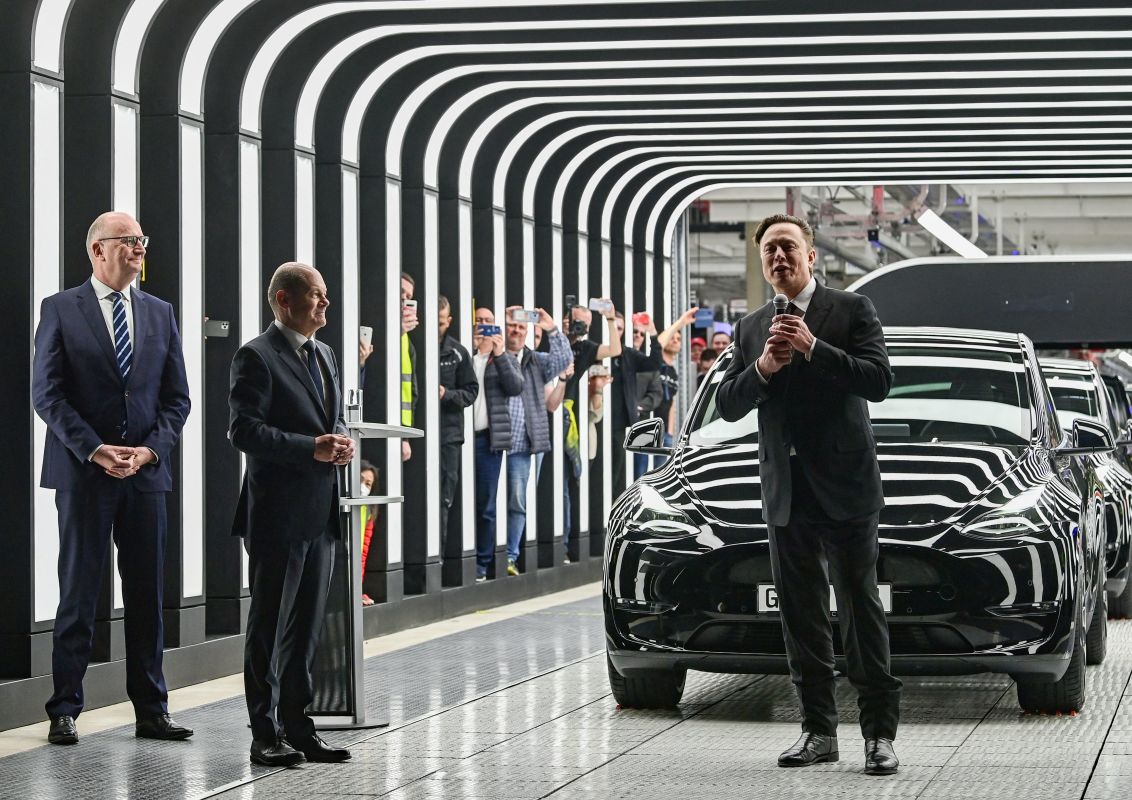
The latest round of labor strife between Detroit's Big 3 automakers and the unions that represent that majority of their workers is nearing an end following reports that General Motors GM reached a tentative agreement with the United Autoworkers Union on Oct. 30.
GM had been the last company to reach a deal with the workers, but that changed Oct. 30 after UAW president Shawn Fain called for a new strike against the company over the weekend. The UAW had reached a deal with Dodge-maker Stellantis STLA and its 43,000 unionized workers on Saturday.
Related: General Motors reaches tentative agreement with UAW, ending Big 3 Strikes
Now that the big car companies can stop bleeding money due to inactive factory floors, the next thing to worry about is the cost of the raises they just gave their employees.
Before the new round of contracts, the Detroit carmakers' all-in hourly labor costs — which includes the cost of salary as well as benefits — was in the mid-$60s range before the most recent round of negotiations, by the end of the new four-year contracts that number will be between $87 and $90 an hour, according to a Wells Fargo estimate based on Ford's deal.

The UAW reached a tentative deal with Ford F that includes $8 billion in new manufacturing investment and a 30% pay increase for full-time employees. Employee pay will increase by $70,000 over the life of the four-and-a-half year contract.
Meanwhile Tesla TSLA has a non-unionized workforce that costs much less than the Big 3's.
Tesla and foreign automakers are estimated to pay between $45-$55 an hour, the Wall Street Journal reported.
Meanwhile, Ford has said that the UAW contract would add $850 to $900 in expenses per vehicle that will inevitably be passed on to the consumer.
So even as the Big 3 celebrates an end to the strike, which was reportedly costing GM about $200 million a week, their labor contracts give a big advantage to Tesla, which already is dominating in the market they all want to break into: EVs.







